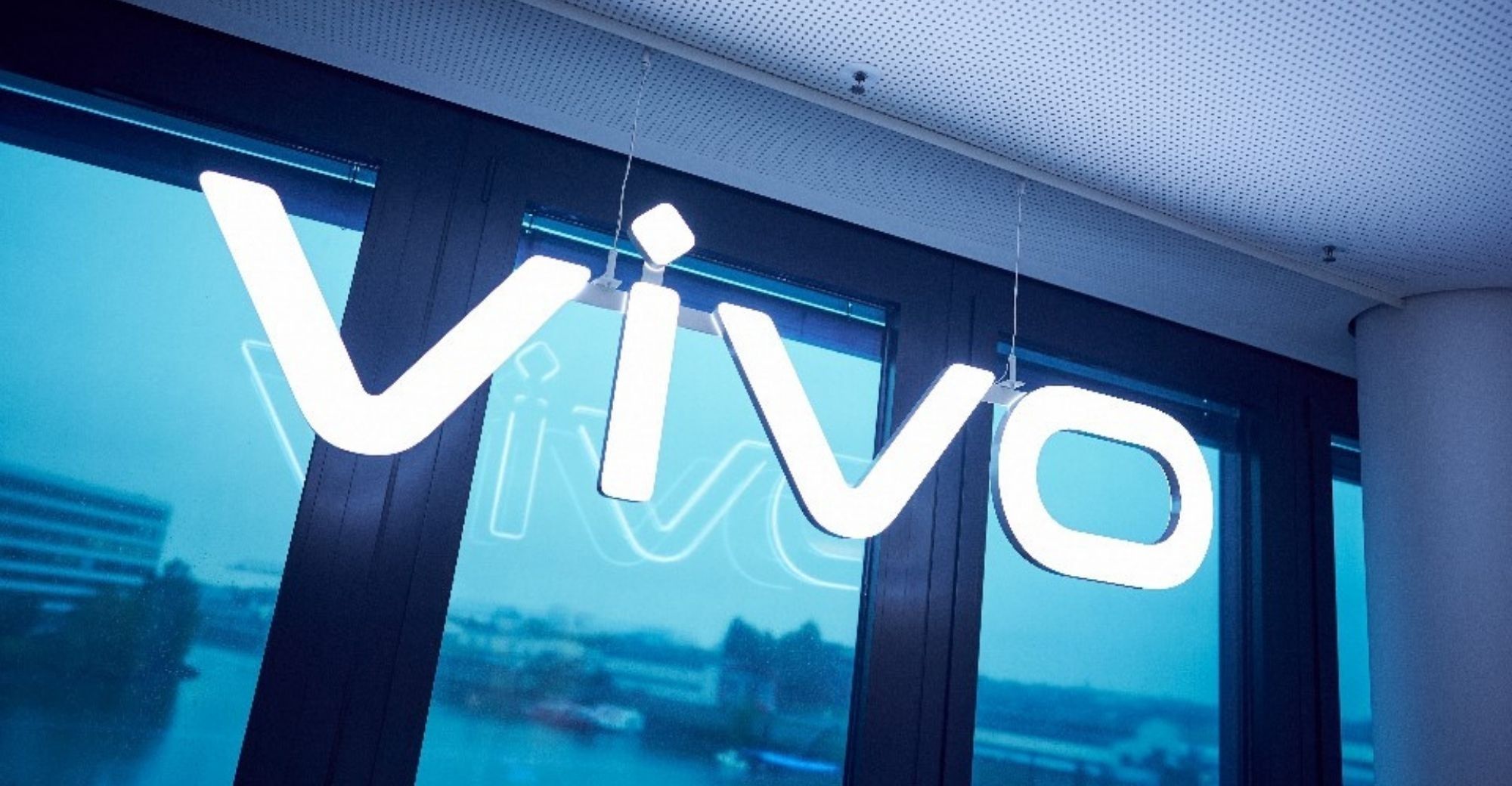Vivo and Nokia Resolve Patent Disputes, Reshaping the European Mobile Market
On February 5th, vivo announced that it has reached a global patent cross-licensing agreement with Nokia. This agreement covers the standard essential patents of both parties in the areas of 5G and other cellular communication technologies. After the signing of the agreement, both parties will end all pending litigation in all jurisdictions.
Previously, in May 2023, vivo had posted a message on its official website in Germany stating that it had suspended sales and marketing of related products in Germany since April of that year due to a ruling from the Mannheim District Court involving Nokia.
At that time, vivo stated that they would continue to maintain close contact with Nokia and complete licensing negotiations based on the FRAND principle. Users can also continue to receive related customer services and software updates, and their operations outside of Germany have not been affected.
SEE ALSO: OPPO and Nokia Resolve All Patent Disputes
After ending a two-year and seven-month patent battle with OPPO, Nokia has once again reached a settlement with vivo. On the day of the announcement, Nokia issued a statement to 21st Century Business Herald stating that the company has signed a multi-year patent cross-licensing agreement with vivo. Starting from the first quarter of 2024, Nokia will begin recognizing net sales under this agreement, which will cover unpaid amounts during the dispute period.
Previously, due to the impact of patent disputes, both OPPO and vivo were unable to sell in some European countries, which subsequently affected their respective market shares. After this settlement, they are bound to return to the affected market. Currently, other domestic manufacturers are also actively exploring development opportunities in Europe.
There are differences in the judgment systems for intellectual property disputes among different countries. Germany has a relatively strict system, where once convicted, the defendant’s commercial products cannot be sold within the country. This is also why OPPO and vivo’s official websites in Germany were only able to provide services but not sell phones during a certain period of time.
Previously, Huawei’s smartphones were unable to use Google GMS services, which affected their development in Europe. OPPO and vivo, on the other hand, have been somewhat restricted in their development due to patent battles.
For Chinese smartphone manufacturers, the European market has always been a brand highland. The performance in the European market brings certain benefits to the internationalization of Chinese brands. At the same time, even though the overall shipment performance in Europe has not been good in recent years, the average unit price has been increasing.
According to previous statistics from Counterpoint, the shipment volume of smartphones in Europe decreased by 12% year-on-year in the second quarter of 2023, marking the lowest quarterly shipment volume since the first quarter of 2012. By the third quarter of 2023, smartphone shipments in this region reached their lowest level since 2011.
But analyst Harshit Rastogi from the institution also pointed out, ‘Despite the decline in shipments, a larger share of the market is occupied by higher price ranges (wholesale prices exceeding $600) annually. Therefore, mobile phone manufacturers may focus on increasing their ASP and concentrate on services to drive revenue growth in the coming quarters.’
In addition, the development of some manufacturers being hindered also opens up new opportunities. Harshit Rastogi pointed out that even if the market share of local leading manufacturers (such as Samsung and Apple) remains unchanged, Chinese smartphone manufacturers are also interchanging rankings among themselves. For example, Transsion’s TECNO and Infinix brands (especially in Russia); Honor performs well in Western Europe.
According to Counterpoint statistics, in the third quarter of 2023, Honor began entering the Top 5 in the European market and was the only brand among the top five to achieve year-on-year growth in shipments. The brand may gain market share from other Chinese smartphone manufacturers such as OPPO (which has not yet reached a settlement with Nokia in the third quarter). TECNO and Infinix, brands under Transsion Holdings, saw shipment growth of 192% and 518% respectively in the third quarter, with Russia being their main market.
But with OPPO and vivo resolving patent obstacles one after another, Huawei is gradually making moves to return to the European market in 2023. The market situation may undergo changes again.



